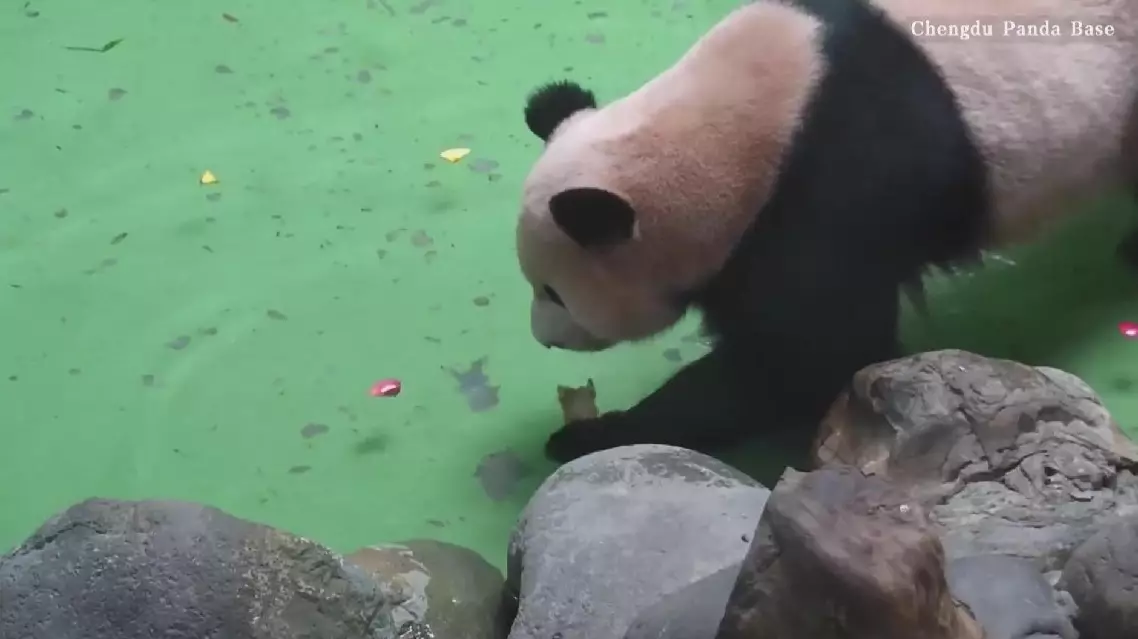China's self-imposed annual summer fishing ban in its major seas this year, which took place from May to September, has achieved its expected goals, officials announced at a press conference held in Beijing on Monday.
The ban, enforced by the Ministry of Agriculture and Rural Affairs, the Ministry of Public Security, and the China Coast Guard, has been effective in curbing illegal fishing activities and allowing marine resources to recover.
The three departments deployed 696,000 law enforcement personnel and 62,000 vessels to supervise the ban, said Liu Xinzhong, director of the fisheries administration of the Ministry of Agriculture and Rural Affairs.
"The law enforcement activities banned 7,298 illegal vessels without a name, registration or valid certificates, removed 111,000 nets with extremely small mesh sizes, and dismantled 886,000 meters of fishing nets at sea. A total of 529 events were held to collectively dismantle and eliminate law-offending tools. And a total of 9,770 cases of law violations were investigated, remarkably bringing down law-offenses that disrupt the order of the summer fishing ban at sea," Liu said.
After four months of rest and releases of fish stocks, there has been a noticeable recovery in fishery resources.
Data collected by the Ministry of Agriculture and Rural Affairs indicate that since the lifting of the ban in September, the catch of main economic species such as hairtail and mackerel has increased. In the South China Sea, the average daily catch of single-trawl fishing boats has apparently grown, with the yield of shellfish increasing by 9.4 times, crabs by 3.7 times, and that of golden threadfin bream and other fish also expanded remarkably.
"Moving forward, the Ministry of Agriculture and Rural Affairs, the Ministry of Public Security and the China Coast Guard will strengthen law enforcement and supervision on aquaculture. Efforts will be made to further standardize aquaculture production and multiple measured will be taken simultaneously to ensure the quality and safety of aquatic products, so that people will rest assured to consume seafood," said Liu.

China's self-imposed fishing ban yields positive fruits









